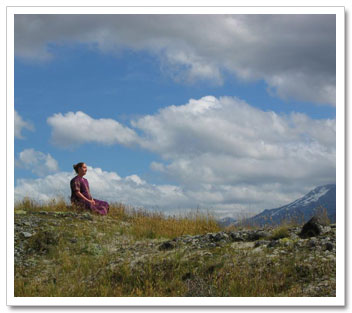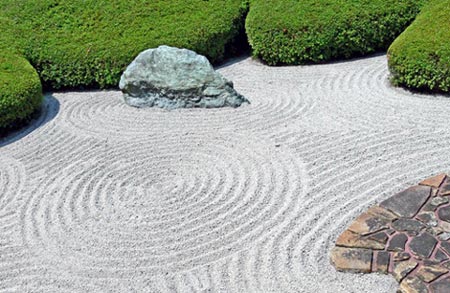
When we launch into the field of self improvement and spirituality, we tend to have lots of enthusiasm, inspiration and eagerness. But, this initial eagerness often wanes and we can find ourselves struggling for motivation and inspiration.
These are some practical ways to regain our motivation.
Spend Time With Those Who Are Motivated
We are easily influenced by people around us. If we spend time with motivated and focused people, their energy will imperceptibly rub off on us. If we want to improve our running, we need to seek the company of other runners. If we want to maintain a regular meditation practice we should meditate with others once a week. When we see others making progress, we feel that we too can make the same progress. There is a saying ‘Birds of a feather flock together’ If we spend time with like minded people they will definitely inspire and motivate ourselves.
Remember Our Early Enthusiasm
If we have been practising something for several years, it can become routine. What we need to do is remember our initial enthusiasm. Remember what is was like to discover the simple act of meditation. It is also helpful to keep a journal of memorable experiences. Remembering these good experiences will help them to feel more real in the present moment. The problem is that we can soon forget the good experiences, but, focus on present difficulties. We may need to use our imagination to remember past experiences, but, in imagination we help make it become a reality again.
Teaching Others.
I have been practising meditation for 10Â years and I find one of the best ways to maintain motivation for meditation is just talking about meditation to other people. When giving meditation classes, I don’t know how much others get from it, but, I know it’s good for me! I guess the important thing is that it reminds you of the essentials. Also by meeting beginners you gain some of their new interest and enthusiasm
Keep Life Simple.
In our modern life, we are very good at adding unnecessary complications. The problem is that there are so many different things to distract and pull our attention away. The more distractions we face, the more difficult it is to remain motivated, especially when it is our own practice of meditation / self improvement.
The most worthwhile things in life require patience, persistence and quiet determination. Self improvement is a life long process, it is not about instant self gratification. The problem comes when our attention becomes absorbed in innumerable outer activities – watching TV, focusing on work, reading newspapers. These activities don’t give any great inspiration, but, they are easy to do. What happens is that if our energies are dissipated on these passive activities our inner drive and motivation starts to fade. We cannot be a jack of all trades and master of everything. To maintain motivation for challenging activities, we need to retain a focus and be able to limit the distractions which try to pull us away.
Continue reading “Regaining Lost Inspiration”









